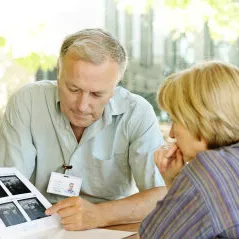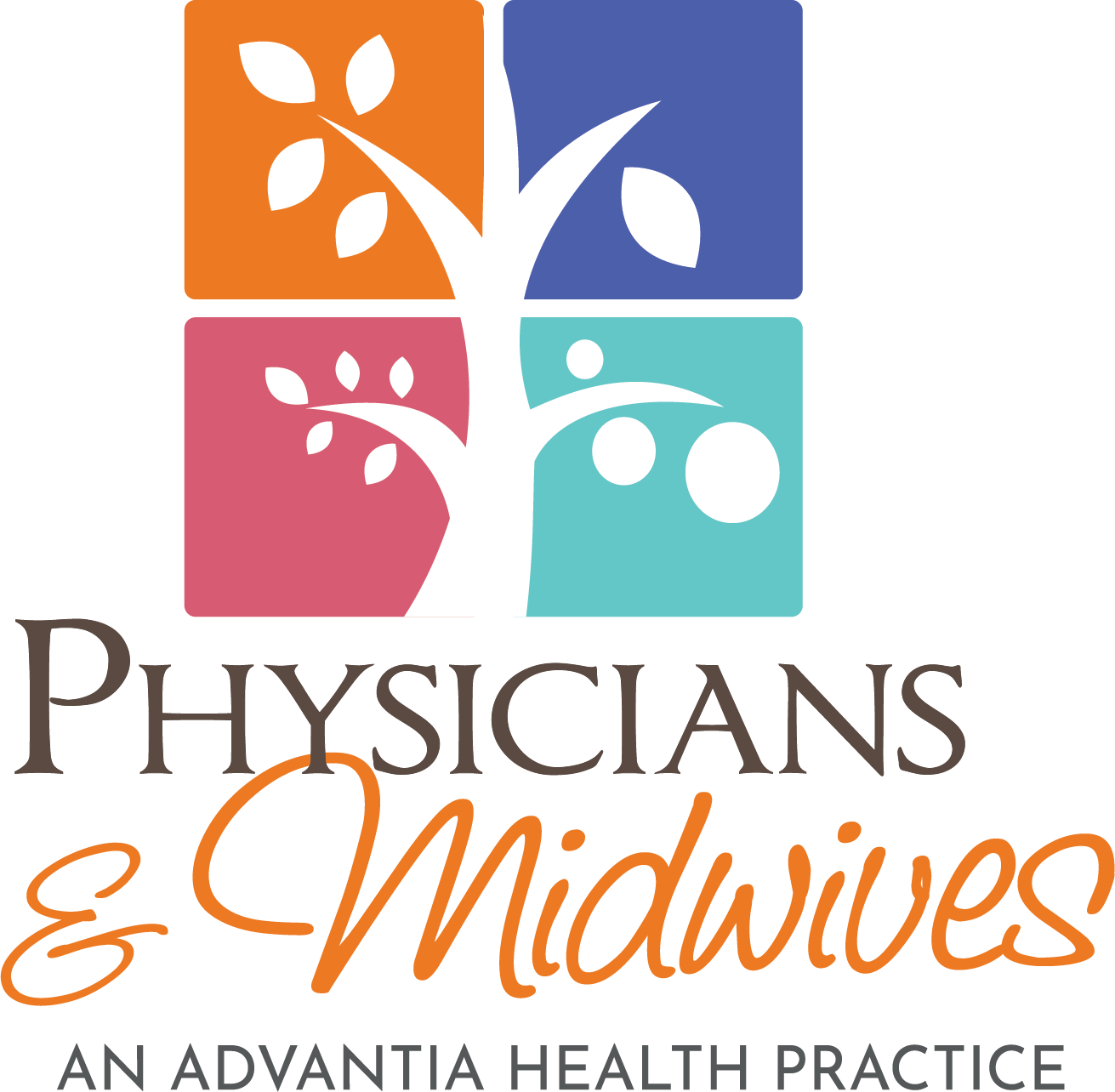
Published on: 13 September, 2012
Read Time: 3 min
The delicate process of your reproductive cycle relies on the perfect timing of hormones and proper function of structures like your ovaries and uterus. When these systems are disrupted, changes can result in non-cancerous tumors known as fibroids.
Also called fibromyomas or leiomyomas, fibroids can affect 3 out of 4 women at some point during their lives. Because many fibroids remain small enough not to cause symptoms, most are detected during a routine annual exam by your doctor.
Causes
Fibroids develop from the smooth muscle of the uterus—the pear-shaped organ in your pelvis that is responsible for nourishing and supporting a baby during pregnancy and shedding blood and tissue during your period. Triggered by changes in hormones, genetics and other factors, fibroids grow slowly at first and may occur inside the uterus or on the outside and expand into the pelvis. Fibroids that grow inside the uterus can be the cause of very heavy periods for some women.
Symptoms
If fibroids grow very large they may press against the abdominal wall, making your abdomen appear larger. Fibroids that develop outside the uterus can press against nearby structures like the bladder or rectum triggering a variety of different symptoms. Not every woman knows when she has a fibroid, but talk to your doctor if you experience:
- Heavy periods that last longer than 7 days
- Pelvic or abdominal pressure or pain
- Frequent urination
- Trouble emptying your bladder
- Low backache
- Leg pain
- Constipation
Testing and Treatments
Your doctor may want to take a closer look at your fibroids to understand their size and location. He or she may do this by first feeling the size of your uterus during a pelvic exam. More advanced testing may be used including ultrasounds of your uterus, or your doctor could place a small video camera (hysteroscopy) into your uterus and use a television monitor to get a better view or your uterus from the inside.
Unless your fibroids are causing problems—like pain or heavy bleeding—your doctor may choose not to take any action. Because they do not increase your risk for cancer and won’t usually interfere with pregnancy sometimes watchful waiting is the best course. Other times, you may need medication to help shrink fibroids and control side effects. Because it appears that fibroids grow larger in the presence of female hormones, your doctor may treat them with hormonal medications like low-dose birth control pills or an intrauterine birth control device (also called an IUD). Anti-inflammatory medications like ibuprofen and acetaminophen can help control abdominal pain, and iron supplements may be needed if your periods are heavy or long. For more advanced cases, there are medications like Lupron® that can help shrink fibroids. Uterine artery embolization (to reduce the blood supply to the uterus) could also be an option.
Surgery may also be an option. Your doctor may talk with you about just removing the fibroid or recommend a hysterectomy. A hysterectomy is the removal of your uterus and sometimes other reproductive organs—your doctor will talk with you about what kind of surgery is best for you. Burning, freezing, and destruction of the fibroid’s blood supply may also be considered to treat fibroids and will depend on your individual needs.

Physicians and Midwives, an Advantia Health Practice
Physicians and Midwives is a unique collaborative practice you won’t find anywhere else. We have 5 offices for your convenience all across Northern Virginia, including Alexandria, North Arlington, Mt. Vernon, Kingstowne, and Woodbridge. If you would like to be listened to, as well as cared for, then look no further.





